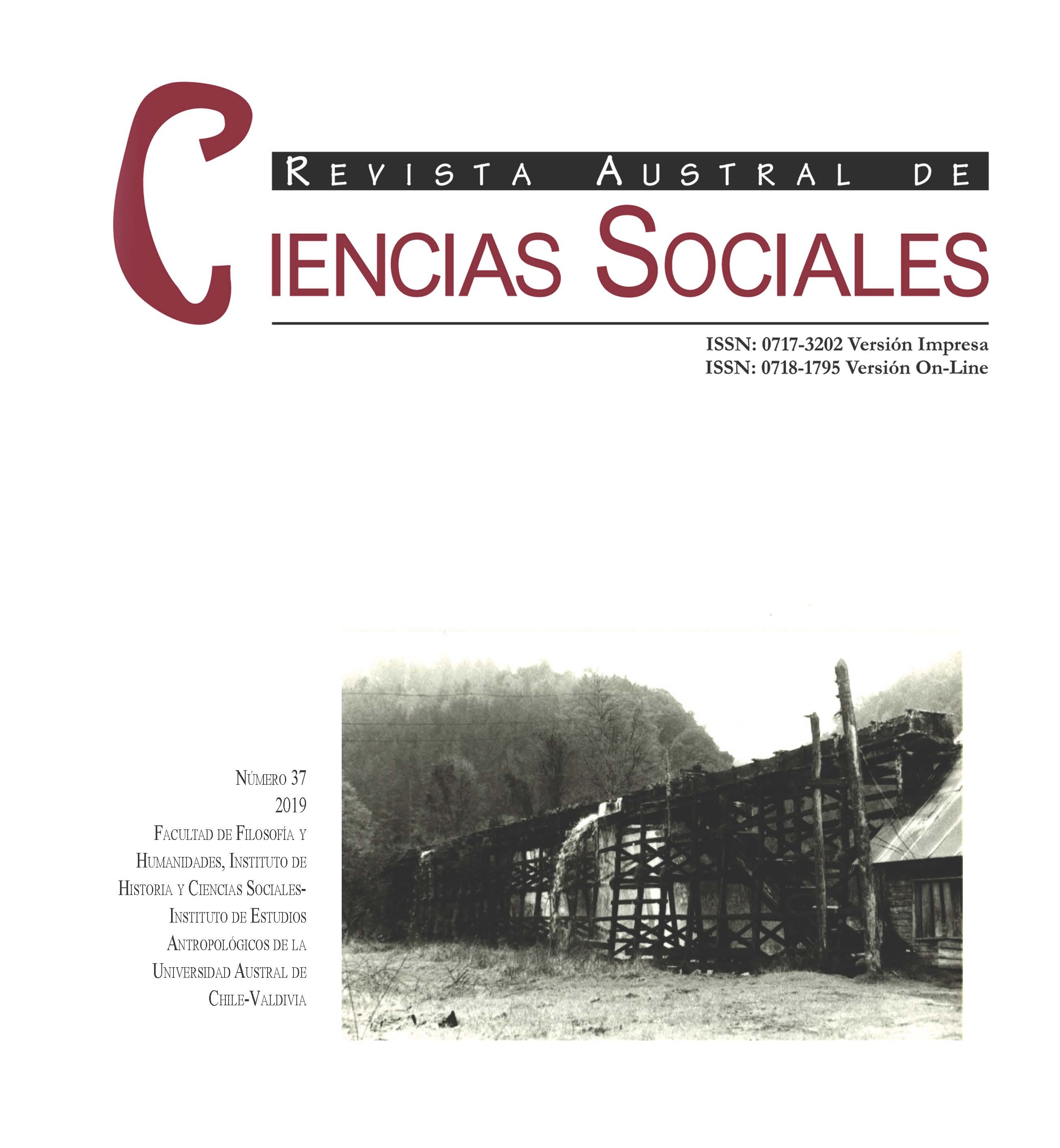The everyday life as a dispute place in the Chilean forestry territories. Between global dynamics, state devices and popular practices
Main Article Content
Abstract
The theoretical approaches about the importance of the space of every-day life have allowed us to approach the study of the power relationship in the forest territories of Chile from a transcalar perspective, evidencing the dialectic between the deployment of practices of territorial hegemony by forestry holding and the mechanisms of resilience / resistance to it by some social local groups. Two case studies are presented. The first, in the Maule region, addresses the strategies of a forestry company to produce / resignify, control and direct the every-day life practices of the local population after two disruptive events (earthquake 2010 and forest fire 2017). The other, in the Ñuble region, demonstrates the permanence of traditional winemaking practices that make up the territorial daily life of the Valle del Itata for centuries and appear “resistant / resilient” to the Chilean wine industry as the forest expansion.

